Foreign Robot Competitor Apptronik: Seamless Integration into Human Work Roles
![]() 04/09 2025
04/09 2025
![]() 710
710
Produced by Zhineng Technology
Amidst the current wave of embodied intelligence, Apptronik, a leading humanoid robot company, has secured $400 million in Series A funding from investors including B Capital, Capital Factory, and Google. Additionally, it has deepened its collaboration with DeepMind.
The company's flagship product, the Apollo humanoid robot, boasts an 'intelligent brain.' Emerging from the University of Texas at Austin's lab, Apptronik has cemented its position in the commercialization of humanoid robots with Apollo.
We will explore Apptronik's funding background, core technology, Apollo's practical applications in industrial scenarios, and the logic behind 'embodied intelligence.' We will delve into how this startup has transitioned from defense contracts to the new era of smart manufacturing, gradually envisioning a future where 'robots make robots.'
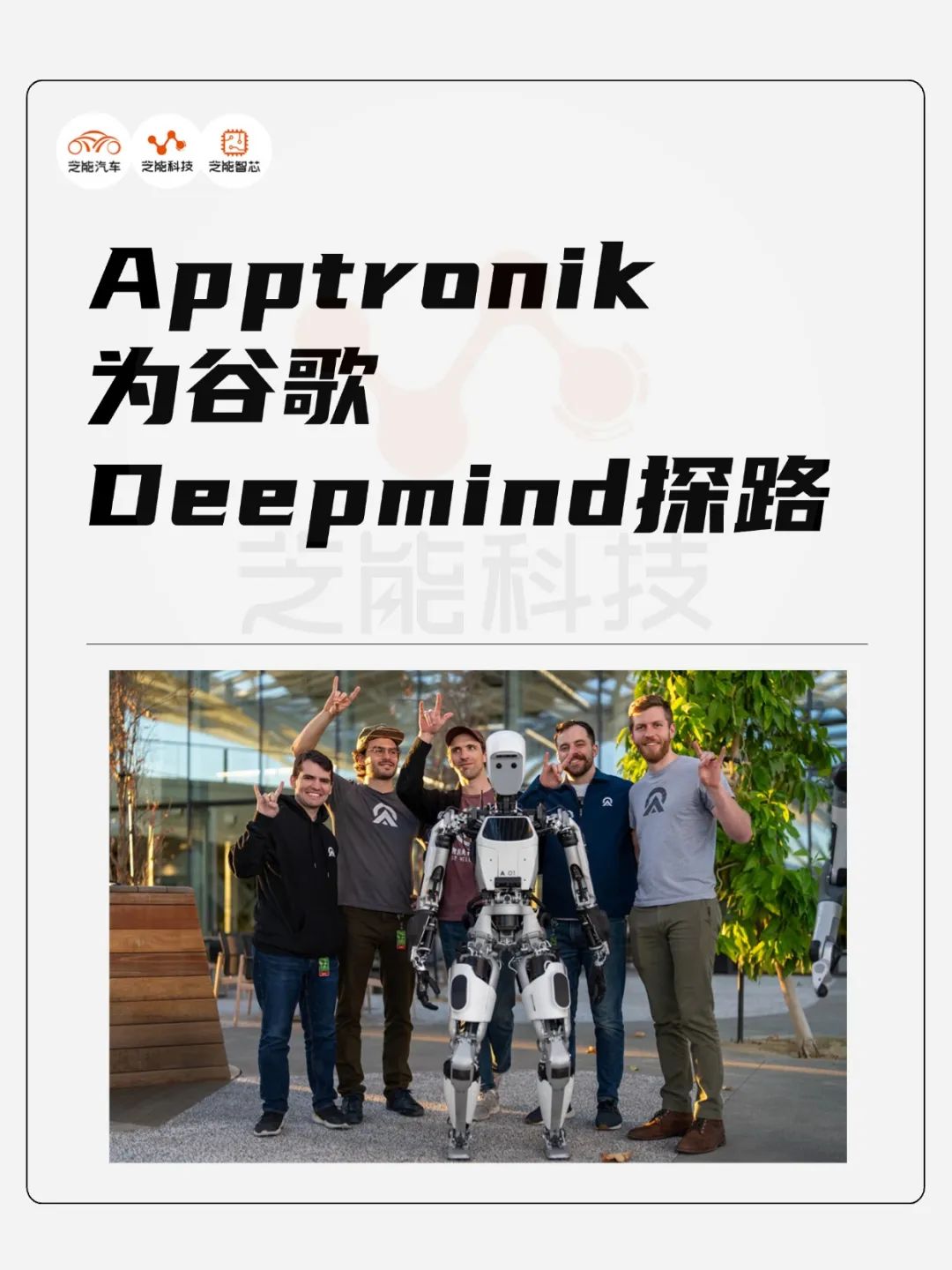
Note: It is more fitting to view Apptronik as a peripheral company of Google and DeepMind.
01
Apollo:
From Research Incubation to Industrial Scenarios
An Embodied Intelligence Endeavor
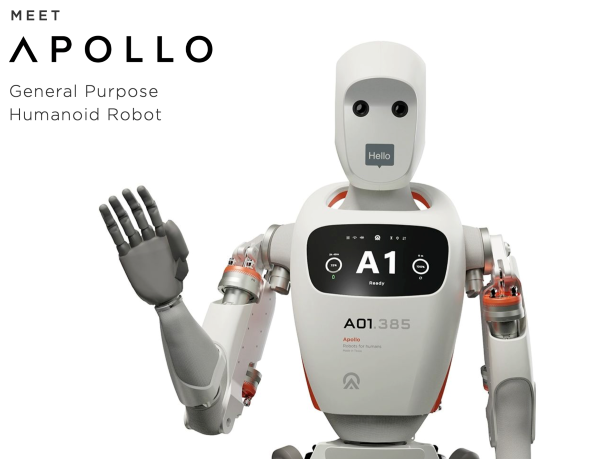
Apptronik's Apollo is an academic product. Prior to the company's establishment, the Apptronik core team participated in the development of NASA's Valkyrie robot.
This robot represented the United States in the DARPA Robotics Challenge, where its performance was subpar. However, its design, structure, and control concepts laid the technical and design foundation for today's Apollo.
Apollo is positioned as a 'general-purpose humanoid robot' designed for industrial scenarios.
● Its hardware specifications include a height of over 170 cm, a weight of over 70 kg, supporting several hours of battery life, and a total of 32 actuator systems. It utilizes a series elastic torque control architecture, enabling precise force and movement adjustments.
● From a design perspective, Apollo can sense force and control contact softness, making it ideal for assembly line work requiring human-robot collaboration.
Apollo can perform a range of repetitive tasks, including sorting, pre-assembly, assembly line delivery, and fixture placement, without significant modifications to existing workflows or spatial layouts. In other words, it seamlessly integrates into roles typically filled by human workers, fully demonstrating the adaptive advantages of a humanoid design.
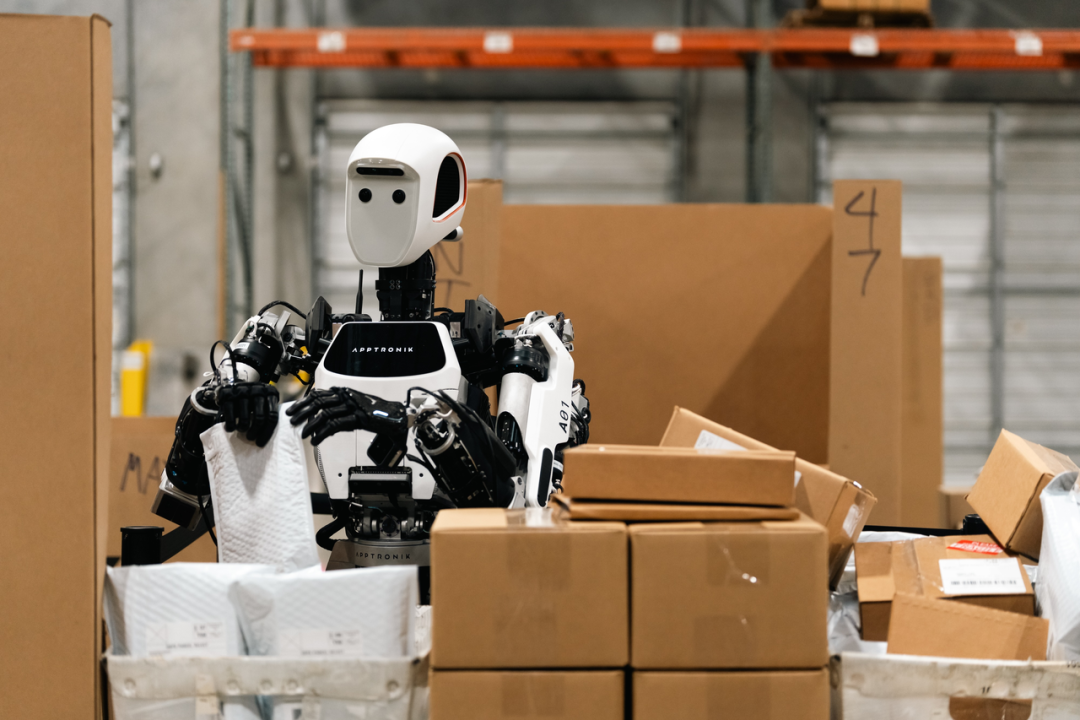
After partnering with manufacturing giant Jabil for a pilot project, Apollo entered real production lines, becoming one of the few humanoid robots globally that actually 'work in factories.'
● In European and American markets, the collaboration between scenarios and robots is faster, and Apollo's industrial feasibility is stronger.
● From a design perspective, it also aims to initiate 'robots making robots.' Apollo will not only be the object of manufacture but potentially the manufacturer itself, driving a highly automated and self-evolving closed-loop robot manufacturing system.
Industrial-grade humanoid robots are moving out of the lab and are no longer just a novelty but a potential labor substitute with practical applications.
Amidst high labor costs and repetitive work harming human health, Apollo offers a new embodied intelligence solution: allowing machines to truly enter the physical world to perform complex tasks previously reserved for humans.
02
Funding, Ecosystem, and Strategic Roadmap:
How Does Apptronik Break Down Technological Barriers?
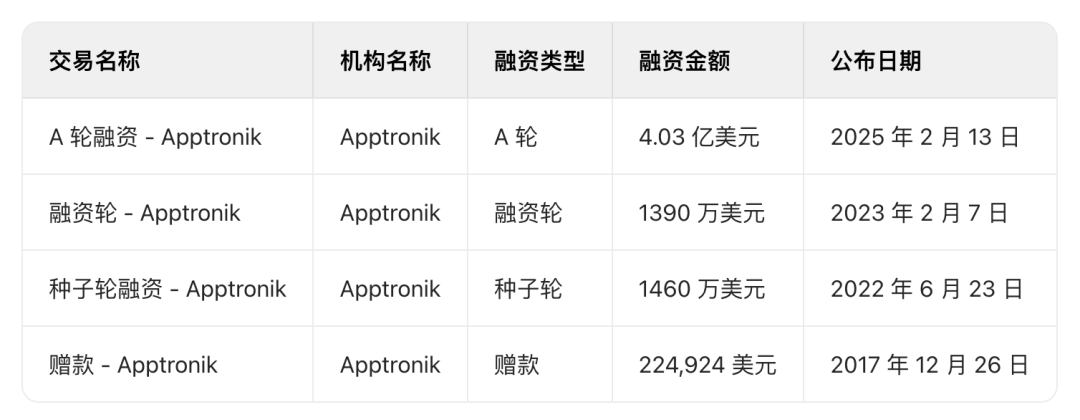
Apptronik's recent $400 million Series A funding is not coincidental. Amidst the current wave of general-purpose humanoid robots, Figure AI raised $675 million and partnered with OpenAI to develop Figure 01, sparking market anticipation for the combination of 'human-like AI' and humanoid hardware.
Apptronik, with Apollo at its core, has taken a more pragmatic approach: prioritizing solving the problem of 'robots doing things' before iterating on the ability of 'robots thinking,' thereby constructing a sustainable robot business ecosystem.
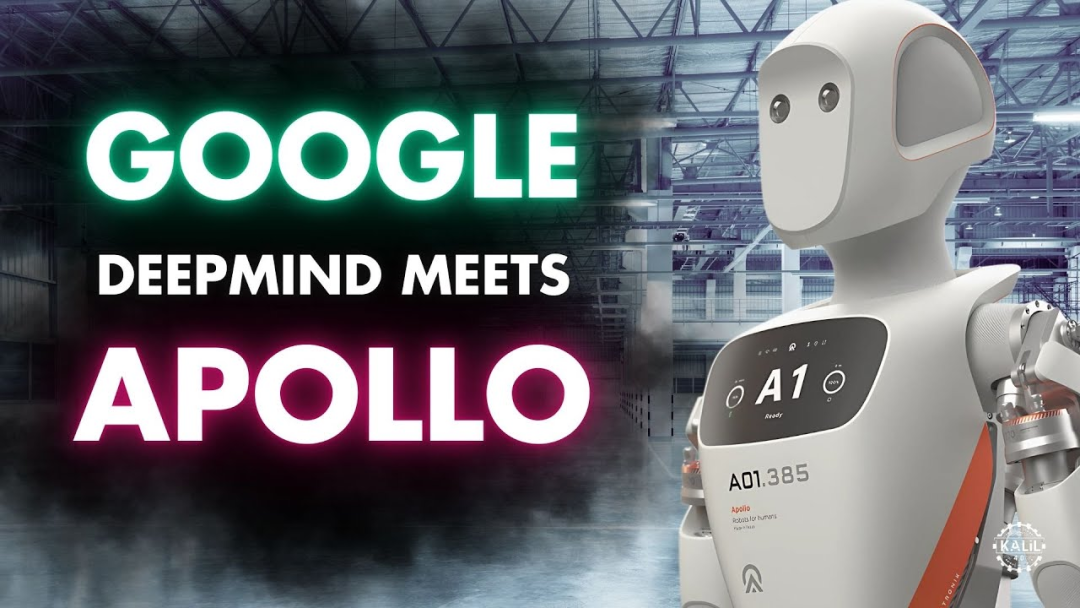
Google's involvement extends beyond financial support; DeepMind will collaborate deeply with Apptronik in the realm of embodied intelligence.
Embodied intelligence differs from traditional AI in that it emphasizes robots learning and optimizing cognitive models through interactions with the real world using their 'bodies,' marking a crucial step for AI to transition from the brain to the limbs.
The strategic partnership with Jabil will transform Apollo from a 'prototype' to 'mass production,' holding significant practical significance. Jabil possesses extensive manufacturing management capabilities and global supply chain resources, providing a robust backbone for Apptronik's large-scale robot deployment.
● From hardware research and development, component procurement, to complete machine assembly and debugging, Apptronik is gradually acquiring a comprehensive range of industrialization capabilities, bidding farewell to the past 'workshop model' reliant on government contracts.
● At the management and organizational level, Apptronik also exhibits a distinctive entrepreneurial style and technological idealism. CEO Jeff Cardenas, originally a technology 'novice,' co-founded the company with technical leaders Paine and Sentis based on his intuitive judgment of the potential of humanoid robots.
During the early startup phase, without funding and relying on projects to support R&D, they used NASA contracts as a backbone to continuously advance robot prototype evolution. In this process, Apptronik accumulated over 300 patents and successfully built a core team focused on general-purpose humanoid robots.
Summary
Apptronik's journey is a microcosm of the industrialization of humanoid robots. Driven by the waves of embodied intelligence and large-model AI, humanoid robot startups serve as the exploratory arm of megacorporations.








